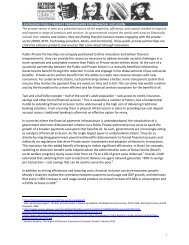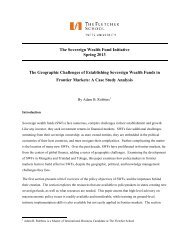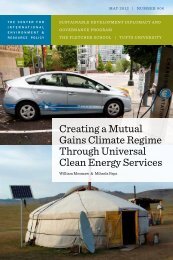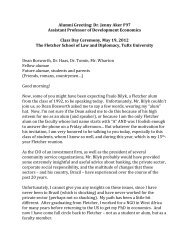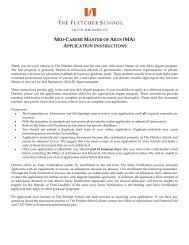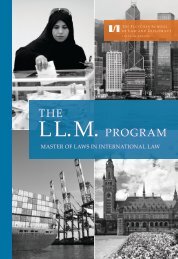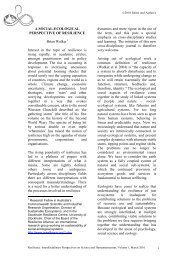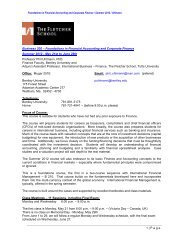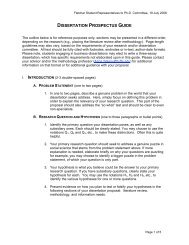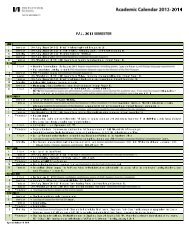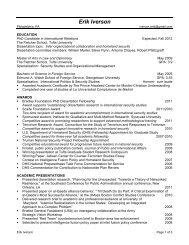Threaten but Participate: - Brookings Institution
Threaten but Participate: - Brookings Institution
Threaten but Participate: - Brookings Institution
You also want an ePaper? Increase the reach of your titles
YUMPU automatically turns print PDFs into web optimized ePapers that Google loves.
T h r e at e n <strong>but</strong> Par t i c i pat e: WhyE l e c t i o n Boycotts are a Bad IdeaFor a while, the run-up to the 2010 generalelections in Iraq appeared to be déjà vu all overagain. The National Dialogue Front (NDF),a key Sunni political party, had decided to pull outof the election to protest the disqualification of hundredsof candidates—most notably their leader, Salahal-Mutlaq—for alleged ties to the banned Ba’th Party.At the last minute, the NDF walked back from thebrink and decided to participate, hopefully signalinga growing understanding that election boycotts rarelysucceed. The Iraqi Sunnis know this better thanmost, having learned this lesson the hard way just fiveyears ago.The Sunni community’s decision not to participatein the historic elections of January 2005 is nowviewed as one of the great strategic blunders of thepost-Saddam era. Claiming anti-Sunni bias fromboth the Shia parties and the Coalition ProvisionalAuthority, and declaring that legitimate electionscould not take place under occupation, major Sunnigroups such as the Association of Muslim Scholars,the Iraqi Islamic Party, and the Iraqi Federation ofTribes decided to boycott the election. These groupsinitially tried to use the threat of a boycott to secureconcessions, such as the elimination of a single-constituencystructure for the voting that would benefitShia or the establishment of a timetable for UnitedStates withdrawal, <strong>but</strong> none of these came to fruition.Unsurprisingly, the Sunni parties were mauled in theelections, earning only five of 275 parliamentary seats,leaving them out in the cold during the key formativemonths in the new Iraq. The boycott also deprivedthem of a fair share in the constitutional draftingprocess, and without adequate representation in Parliament,the Sunnis were unable to prevent the newconstitution from passing. Potential revisions to thedocument remain one of the key sticking points betweenIraqi Sunni and Shia. To their credit, the Sunnisquickly saw the error of their ways and participated inthe December 2005 elections, upping their representationin the Parliament eleven-fold to 55 seats, <strong>but</strong>sectarian tensions remain.The Iraqi example is illustrative of the thesis of thispaper: electoral boycotts rarely work, and the boycottingparty almost always ends up worse off thanbefore; a threatened boycott, on the other hand, canpay dividends, especially in high-profile cases. Inshort, you can’t win if you don’t participate. A comprehensivestudy of 171 threatened and actual electionboycotts at the national level between 1990 and2009 demonstrates conclusively that, other than afew rare exceptions, electoral boycotts generally havedisastrous consequences for the boycotting party,rarely result in desired international attention orsanction, and many times further entrench the rulingleader or party. On the flip side, the track recordis considerably better when a threatened boycott isused as negotiating leverage to achieve key concessions;sometimes, opposition parties that planned toboycott even find unexpected benefits from participatingin elections.Why Boycott?Before demonstrating the litany of negative consequencesfrom electoral boycotts, it is important to<strong>Threaten</strong> <strong>but</strong> <strong>Participate</strong>: Why Election Boycotts Are a Bad IdeaF o r e i g n P o l i c y a t B r o o k i n g s1



